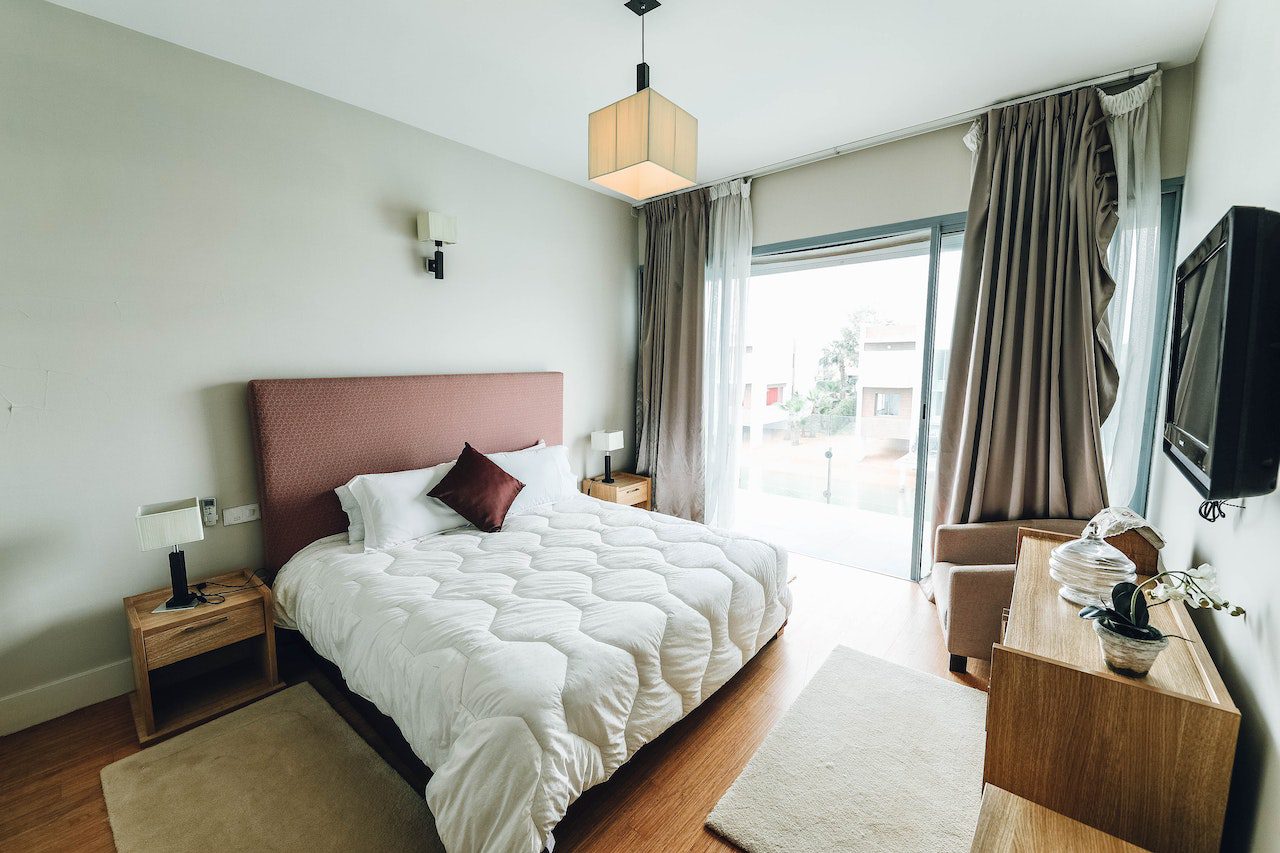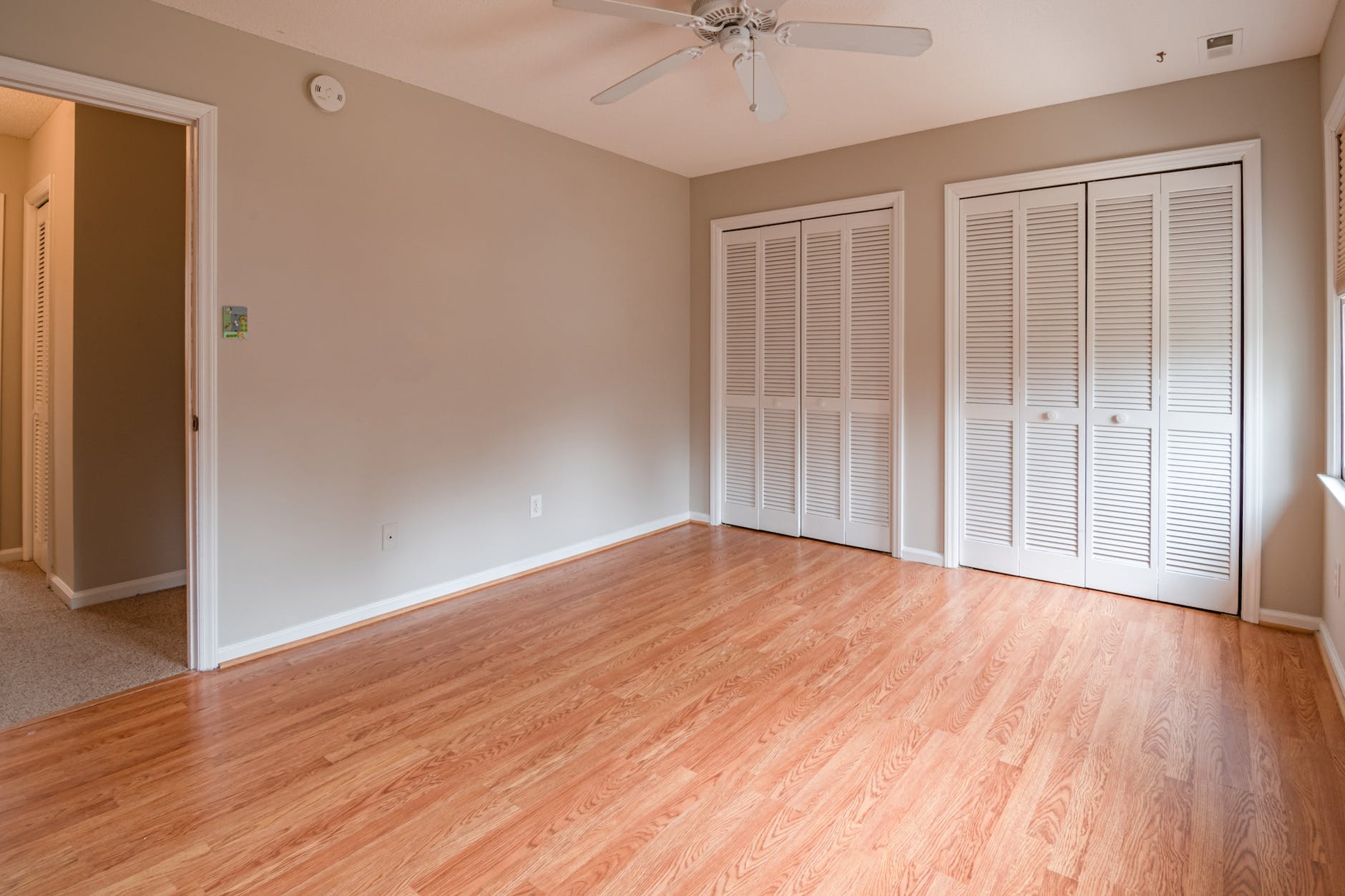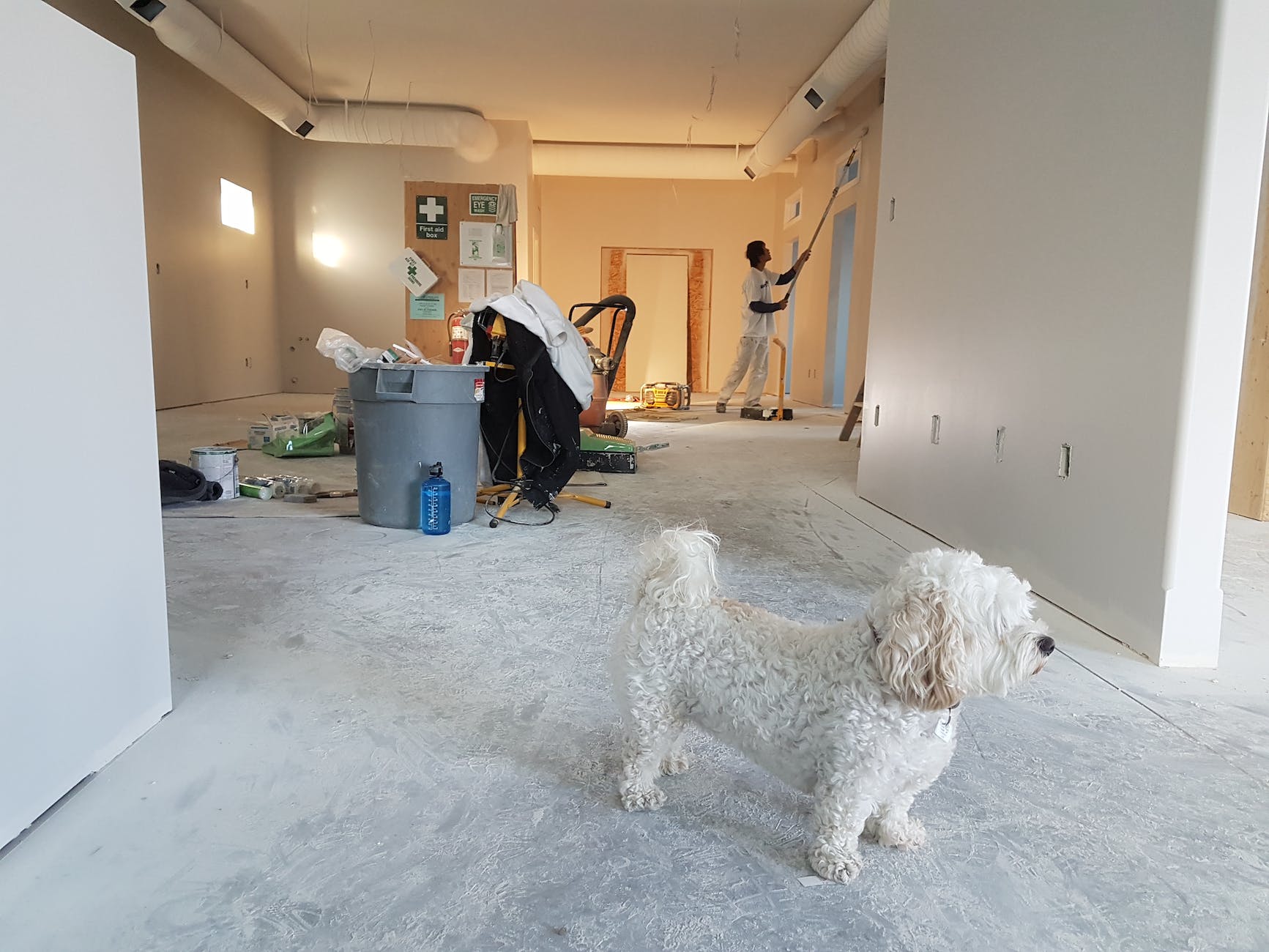
7 Mistakes To Avoid When Buying A New Home

*This is a collaborative post
Purchasing a home is likely to be one of the most significant investments you will ever make.
As a result, you don’t want to make significant home buying mistakes like overpaying for a home, paying more in interest than necessary, or missing out on the most excellent deal. These are the most common mistakes you will want to avoid when you’re in the market for a new home.
Not getting an overview of what you can afford
It’s pointless to look at houses without a clear idea of what you can afford. You will begin with a mortgage calculator and then meet with a mortgage consultant for a more in-depth examination. If you’re looking to buy a house, mortgagecalculator.uk can help you figure out how much you can afford and how interest rates and repayment terms will affect your monthly payment. When preparing your finances to apply for a home loan, a mortgage calculator can be pretty valuable.
Not getting pre-approved before searching for a house
Getting preapproved for a home is the best approach to show sellers that you’re serious about buying it. This effectively indicates you’ve almost completed the process of obtaining financing for your future home. Getting a mortgage pre-approval before beginning your search for a property does more than providing you peace of mind. A seller will feel more comfortable interacting with you if they know your qualifications have been reviewed in advance. If an underwriting staff has validated everything, they know your offer isn’t likely to fall through.
Not reviewing your credit score
The most significant factor in acquiring a house loan is your credit score. Lenders will use your credit reports and scores to determine whether you qualify for a loan and what interest rate you will be offered. If your credit report contains inaccuracies, you may have difficulty applying for a loan. For example, lenders will turn you down if you have a lot of debt or are behind on payments. It indicates that you may be behind on your mortgage payments. You will want to check what lenders will see on your credit score Before you are preapproved.
Making sentimental decisions over properties, you don’t own
Purchasing a property is a significant life event. It’s a home where you’ll make memories with your friends and family, craft your personal space, and plant important roots in your life. It’s easy to become overly attached and make very sentimental decisions. Still, you will want to keep in mind that you’re equally making one of the most significant financial expenditures of your life. While many sellers are capitalising on the sentimental decisions of many first-time buyers, it is essential that you build a budget and strictly stick to it. This way, you don’t overpay for that property you grow attached to.
Not using an agent
If you’re serious about buying a house, don’t go to an open negotiation without first consulting with a real estate agent or broker. Agents are bound to guide fair transactions between the seller and the patron ethically. Your real estate agent can express your concerns to sellers without offending them by working as a neutral party in the buying process. Your agent will be able to communicate these issues to you and negotiate the best price for you. However, dealing with a seller’s agent before contacting your agency might not put you in the best negotiation position.
Ignoring the neighbourhood
Don’t only look at the house—consider the neighbourhood as well. Of course, it’s hard to foresee the future of your chosen community with absolute certainty, but inquiring about or investigating its prospects today can help you prevent unpleasant shocks later on. Has the neighbourhood seen a rise or fall in housing values? Is it conceivable that the roadway will become a major thoroughfare or a popular rush-hour shortcut? If the answers to these questions are satisfactory, the location of your possible home can retain its purpose.
Considering expensive houses at the top of your budget
A larger, more expensive property will inevitably result in a more outstanding mortgage payment, but many purchasers overlook the higher down payment. If you purchase a house at the top of your budget, you may not be able to put down a 20% down payment, putting you at risk of having to pay for costly private mortgage insurance (PMI). It could take years to build up enough equity to stop paying PMI, which may compel you to postpone other financial goals. A more extensive and expensive home will also come with a higher expense of upkeep and maintenance. Your square footage will have an impact on everything from how long it takes to vacuum the floors to the cost of a new roof or set of windows, so consider the lifestyle you want to retain and purchase accordingly.

















































